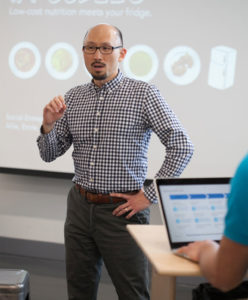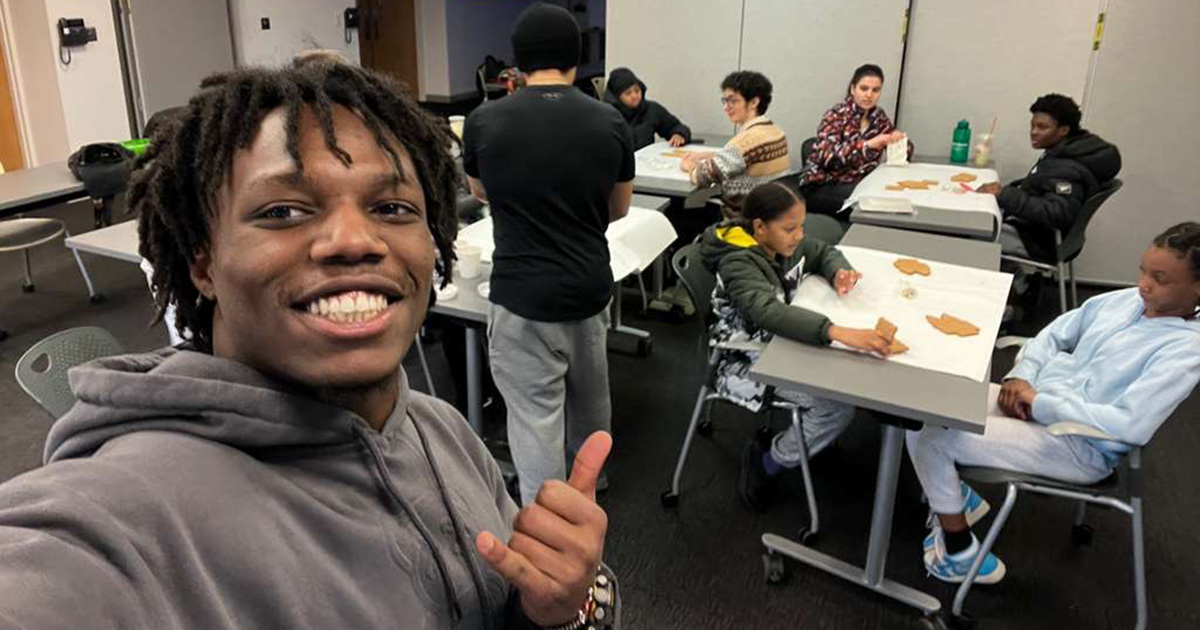What High Inflation Means for Startups

Starting a business is a challenge. It doesn’t get any easier when the price of everything keeps going up.
“Inflation causes more uncertainty in all facets of business operations, such as customer demand, labor and materials costs, and operational flexibilities,” says Phillip Kim, professor of entrepreneurship at Babson College.
Inflation may have dipped slightly in July, but consumer prices still shot up 8.5% compared with the previous year, and inflation is threatening to stay high for the foreseeable future. That’s hardly the ideal situation for business. Under these trying economic conditions, Kim says, entrepreneurs need to stay focused on the basics of their new ventures.
“Startups should focus on what they can control, namely, to be more prudent about executing on the fundamentals as they try to get off the ground,” says Kim, also the Lewis Family Distinguished Professor in Social Innovation.
Now is not the time for a venture to stray from its objectives. The margin for error is slim. “When times are good and demand is strong, business owners may be able to get by without hitting all their marks,” Kim says. “Inflation and other related economic pressures will impact their financial models and reduce any slack they generated when conditions were more stable.”
Is This Worth It?
When thinking about the fundamentals of launching a business, Kim says, entrepreneurs always need to concentrate on creating value for the customer. Whatever the economic environment, startups must offer a product or service that addresses a customer’s problem or need. “During inflationary periods, startups will be tested on how well they accomplish this,” Kim says.

Phillip Kim, professor of entrepreneurship and the Lewis Family Distinguished Professor in Social Innovation
As prices go up, customers look at a product or service and think, is this worth it? The goal of startups is to make them say yes. If a product or service is good enough, customers will find a way to buy it, even if that means sacrificing. “If the product or service is essential to them, customers will likely remain loyal and find ways to trim their spending in other ways,” Kim says.
Startups that are lucky to have existing customers must make them a priority. “It is usually easier to sell more to existing satisfied customers than acquiring new customers,” Kim says. Startups should consider subscription or membership models that allow customers to lock in prices today while allowing the venture to receive up-front payment. “Find ways to retain their commitment to you instead of allowing them to consider lower-priced alternatives with competitors,” Kim says.
Never a Perfect Time
In many ways, there is never a perfect time to start a business. If inflation isn’t an issue, then maybe a worker shortage is, or supply chain hiccups, or a recession, or, as we all experienced, a pandemic. “Problems always exist,” Kim says. “Enterprising founders will adjust to the circumstances in which they operate.”
“I view entrepreneurs as optimists who try to see the glass half full and seek opportunities regardless of the circumstances.”
Phillip Kim, professor of entrepreneurship at Babson College
In fact, an uncertain economy may even attract entrepreneurs eager to address any problems left behind in its wake. Many iconic companies we know today were started during difficult economic times. Kim points out that Babson President Stephen Spinelli Jr. MBA’92, PhD co-founded Jiffy Lube in 1979, when inflation in the United States hovered around 11%, a rate even higher than today’s.
Such steep inflation didn’t stop entrepreneurship then, and it certainly won’t stop it now. “I view entrepreneurs as optimists who try to see the glass half full,” Kim says, “and seek opportunities regardless of the circumstances.”
Posted in Insights




